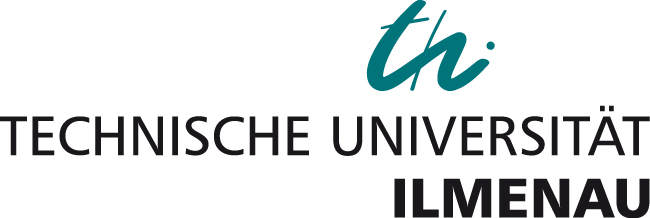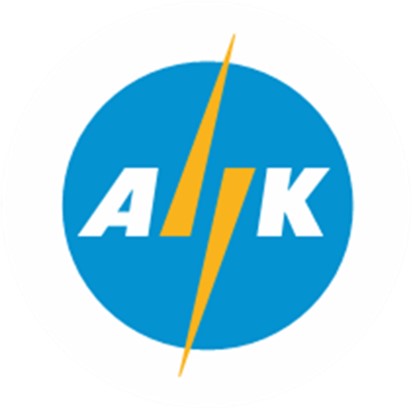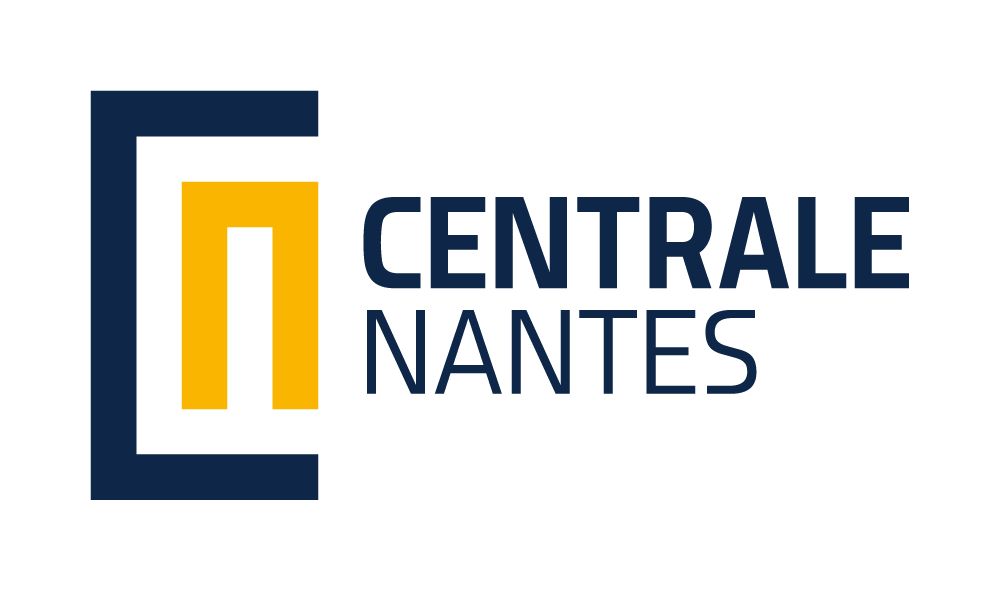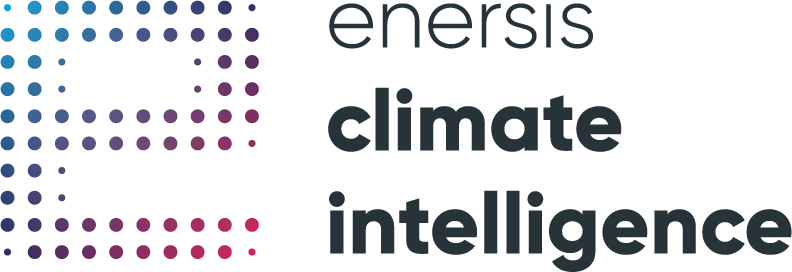DENSE
Dependable Smart EnerGy Systems
What is DENSE?
DENSE (Dependable Smart Energy Systems) is a 4-year Marie Skłodowska-Curie Actions-Doctoral Network (HORIZON-TMA-MSCA-DN) funded within the framework of the HORIZON EUROPE Programme. It brings together 10 partners from applied research, academia and industry in 6 different countries with the aim of implementing 12 doctoral research projects.
Why is it relevant?
The development of innovative technologies and solutions, which support the EU, its citizens, industries and businesses by responding to the unprecedented climatic and environmental-related challenges, is the defining task of the European society for the next decades. To this end, the European Commission has set out the European Green Deal with the aim to transform the EU into a climate-neutral, fair and prosperous society, with a modern, resource-efficient and competitive economy by 2050. The Doctoral Network (DN) “Dependable Smart Energy Systems (DENSE)” directly supports the EU in delivering this unique commitment by training and connecting next generation of researchers and creative innovators required to swiftly progress towards realizing the European Green Deal ambitions. DENSE is addressing individual research projects and training of Doctoral Candidates (DCs) in the innovative dependable engineering of Smart Energy Systems (SESs).
Smart Energy Systems (SESs):
The term “Smart Energy Systems (SESs)” refers to a holistic cross-sectoral approach (e.g. electricity, heating, cooling, industry, buildings and transportation) aimed at excelling the transformation towards sustainable and achievable future energy systems. Hence, it both covers but also extends beyond the Smart Grid approach, which is mainly focused on the electricity sector.
What are our objectives?
DENSE is addressing individual research projects and training of early-stage researchers in the innovative dependable engineering of Smart Energy Systems (SESs) with the main focus on robustness as well as preventive and corrective actions under uncertainty. Dependability of complex networks, such as SESs, characterizes their ability to deliver service that can justifiably be trusted. Thus, dependability comprises system attributes, such as availability, reliability, safety, integrity and maintainability. A key requirement of dependability is the desire for providing justifiable trust in the system performance. Hence, rigorous systems engineering yielding provable performance guarantees throughout the system’s life time is already required at the design stage. This challenge is tackled in DENSE with a focus on operational robustness as well as preventive and corrective actions in SESs.
DENSE is well-aligned with the EU Commission’s headline ambitions on the European Green Deal as well as the strive for grasping the opportunities from the digital age, while increasing social fairness and prosperity. With DENSE, we aim to develop an international high-quality rigorous training and exchange environment to support and develop Europe’s best young researchers contributing to the successful development of future SESs.
DENSE research objectives:
- Methods for designing scalable, hierarchical and predictive coordination and operation algorithms for SESs on trans-national and communal level;
- Tools for robust data-driven planning, control and adaptation incl. open-source solutions for joint planning and optimization across the commodities heat and power;
- Methods for robust estimation, fault detection and preventive security management in SESs under consideration of uncertainties / disturbances with different dynamics (time-scales) and critical operational environments;
- (Open-source) Software and hardware demonstrators of systems and their components with control, management and analysis tools elaborated in individual DC projects;
- Advanced validation methods for performance/functionality assessment and optimization of SESs related to (i) the particular domains of heat pumps and green mobility as well as to (ii) cross-sectoral applications comprising smart communities and buildings incl. automated data-based (greenhouse gas) emissions calculations.
What is our research approach?
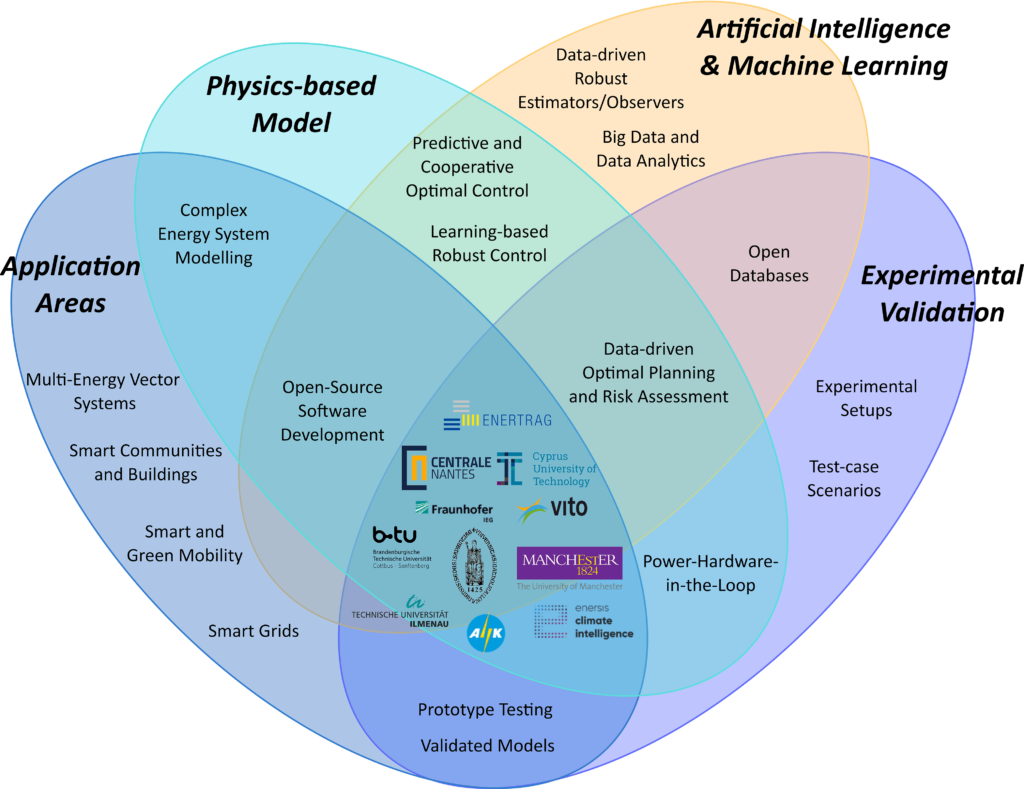
To ensure that all the DENSE objectives described above are met, the consortium has carefully designed a suitable work programme consisting of three technical Work Packages (WPs). Special emphasis is placed on intersectoral nature and cooperation: each DC belongs to a main and a secondary working group.
- The focus of WP1 “Robust Real-Time Control & Estimation” is to blend physics-based techniques with emerging data-driven (learning) approaches to develop new robust control and estimation methods for SESs.
- WP2 “Planning & Energy Data-Analytics” is dedicated to delivering advanced solutions concerning the optimal planning and monitoring of SESs by developing novel software and data extraction tools.
- Innovative approaches for preventive security and optimal energy management of smart energy grids are being investigated in WP3 “Security Management & Optimal Operation”. Within WP3 we will employ optimization-based control approaches, such as model predictive control (MPC), since we focus on time horizons of several minutes to hours and aim to optimize cost functions subject to forecast uncertainties and operational constraints.
The DENSE Consortium
The DENSE consortium features a unique and well-balanced combination of five renowned universities, two research organizations and three experienced industrial partners, including one start-up, under the coordination of the Fraunhofer Research Institution for Energy Infrastructures and Geotechnologies IEG.
This cooperation of academic and non-academic sector in DENSE guarantees high-quality training for the DCs with a clear focus on cutting-edge engineering solutions, which address key challenges and targets of the European industry and society in SESs topics surrounding the European Green Deal.

